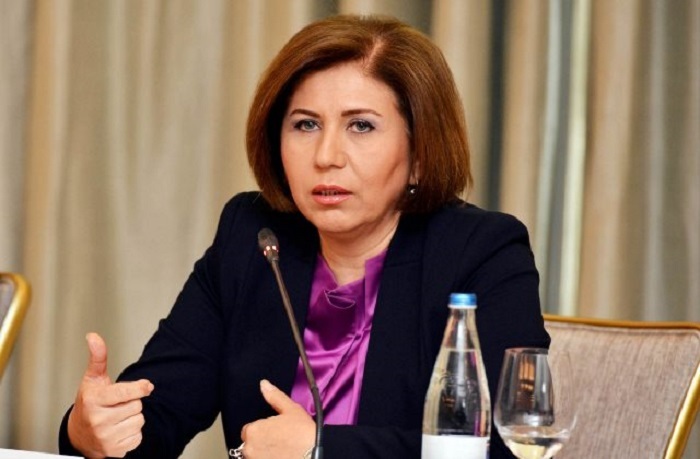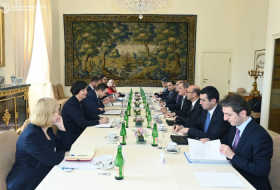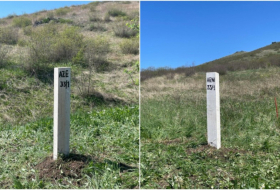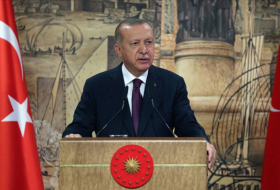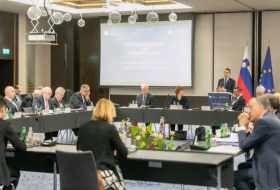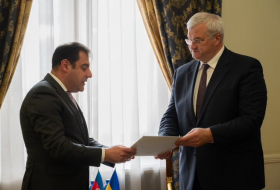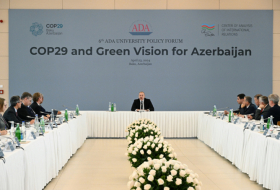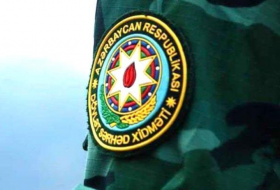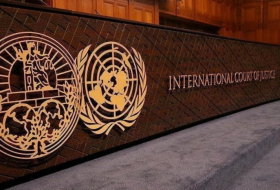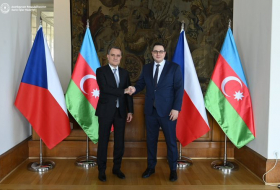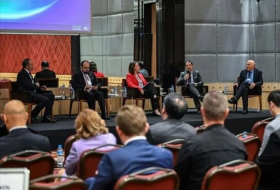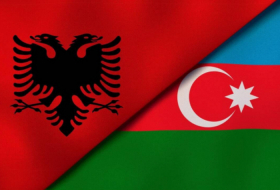The vice-speaker added that the extradition of Alexander Lapshin is the collapse of circles that convince the public of the possibility of illegal visits to the occupied territories without taking into account the laws of Azerbaijan.
Muradova noted that the step taken by Azerbaijan is a message to the illegal regime in Nagorno-Karabakh as well as to Armenia, which wants to be recognized as a “democratic” country, to the circles supporting Armenia, as well as to those who are going to act just as Lapshin.
Commenting on the assessment by Armenia’s Foreign Ministry of Lapshin’s extradition as the “violation of democracy and human rights”, Muradova said that Armenia is the last country that can say anything on this matter.
The vice-speaker says that Alexander Lapshin’s extradition is fully in line with international law – agreements on interstate extradition.
Alexander Lapshin is a citizen of several countries and has had a criminal conspiracy with Armenians living in the occupied Azerbaijani territories. He also illegally visited these territories.
Lapshin is accused of violating Azerbaijani laws on state border in April 2011 and October 2012.
In order to promote the illegal regime created in the Azerbaijani territories occupied by Armenia, Lapshin presented Azerbaijan’s Nagorno-Karabakh as an “independent state” on his social media account, and supporting the “independence” of the unrecognized regime he made public incitements aimed at violating Azerbaijan’s territorial integrity on April 6 and June 29, 2016.
The conflict between the two South Caucasus countries began in 1988 when Armenia made territorial claims against Azerbaijan. As a result of the ensuing war, in 1992 Armenian armed forces occupied 20 percent of Azerbaijan, including the Nagorno-Karabakh region and seven surrounding districts.
The 1994 ceasefire agreement was followed by peace negotiations. Armenia has not yet implemented four UN Security Council resolutions on withdrawal of its armed forces from the Nagorno-Karabakh and the surrounding districts.
More about:








